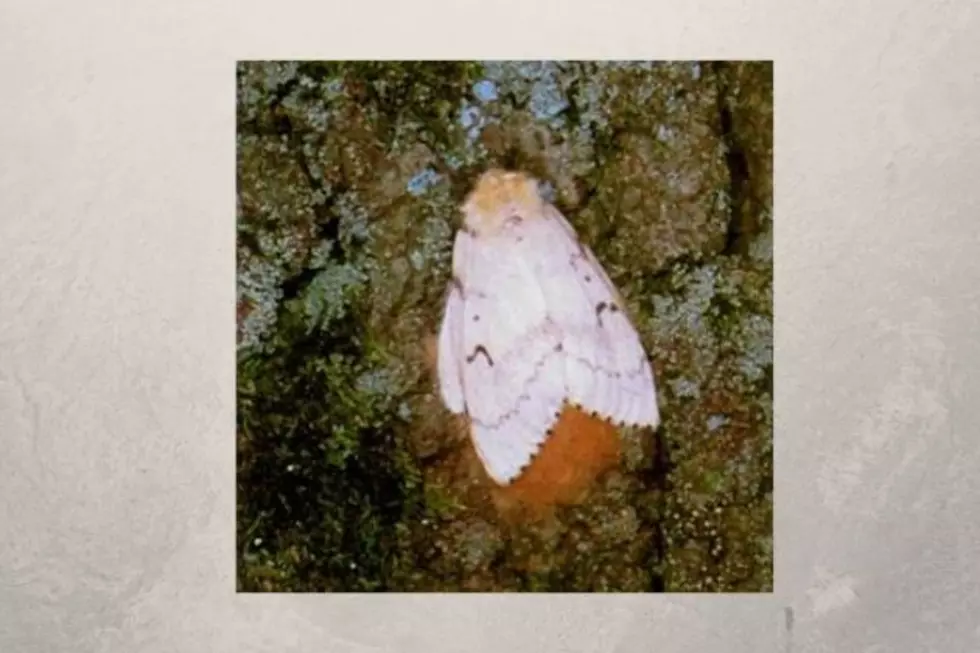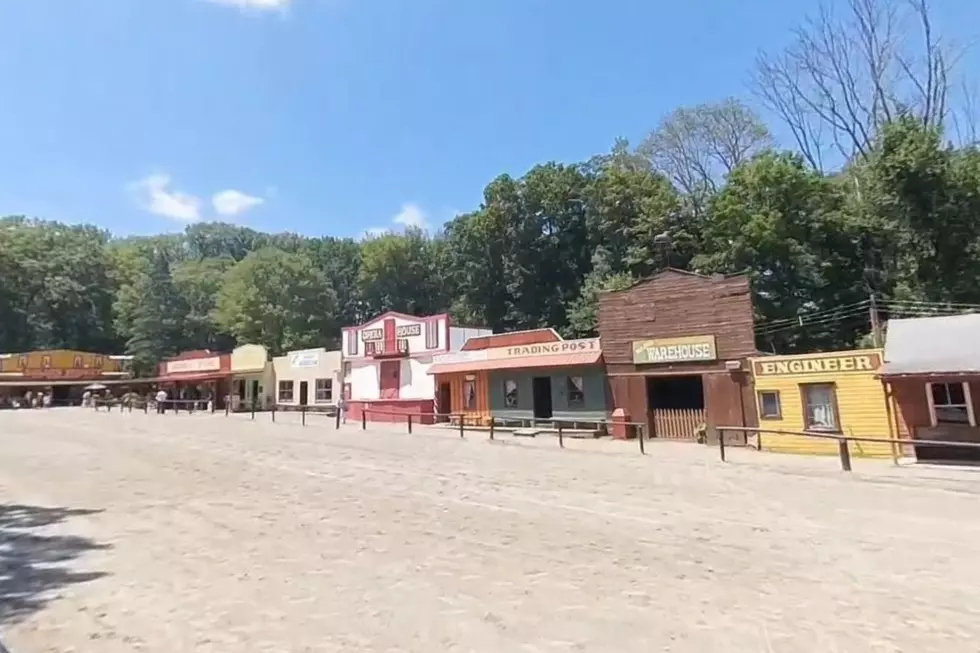
Tree-killing insect now has a significant presence in 4 NJ counties
⚫ NJ has announced plans for a suppression program in 2024
⚫ Egg mass surveys were conducted from September to November
⚫ 3 counties were included in treatment recommendations in '23, and 2 in '22
The pest formerly known as the gypsy moth has enough of a presence in four New Jersey counties that the state Department of Agriculture is recommending spray treatments to limit its impact.
The insect's presence has been up and down over the past few years. As recently as 2020, there were no recommended treatment areas in the Garden State.
NOTE: For decades, these pests have been known as gypsy moths. The Entomological Society of America changed its name in March 2022, as the previous label contained an ethnic slur. The NJ Department of Agriculture commonly refers to the insect by its Latin name, Lymantria dispar dispar (LDD).
In 2022, areas in just two counties were recommended for treatment. Last year, three counties were included in the state's recommendations, and approximately 4,010 acres were treated.
The NJDA held an informational session in Ewing on Jan. 4 to outline its plans for LDD suppression in 2024.
Egg mass surveys were conducted from September to November.
"By treating areas now, it will help prevent the spread of this pest and significantly reduce its populations for years to come," said NJDA Assistant Secretary Joe Atchison III. "This program has been very effective over the last several years and helps save the many types of trees and plants it is capable of feeding on."
2024 proposal
For 2024, the state is proposing the treatment of 1,471 residential acres and approximately 1,500 state-owned acres located in Burlington, Cape May, Passaic, and Sussex counties.
If towns agree to participate in the residential portion of the program, the spray treatment will occur in May and June. Municipalities put out the full cost up front with the hope that the federal government agrees to pay 50% of the tab on the back end.
A combined four municipalities in residential areas of Burlington, Cape May and Sussex counties are recommended for treatment this spring.
During the aerial treatment, officials use a biological insecticide that kills the LDD caterpillar when ingested.
LDD prefer oak trees, but the caterpillars can be found feeding on almost any tree. Just a season or two of LDD damage could kill a tree.
Report a correction 👈 | 👉 Contact our newsroom
The Definitive List of The Oddest, Strangest and Downright Filthy Town Names In Every State
Gallery Credit: Rob Carroll
19 Items Absolutely Banned from Checked Bags at the Boise Airport
Gallery Credit: Michelle Heart
LOOK: Baby names losing popularity in the 21st century
Gallery Credit: Stacker
More From New Jersey 101.5 FM









